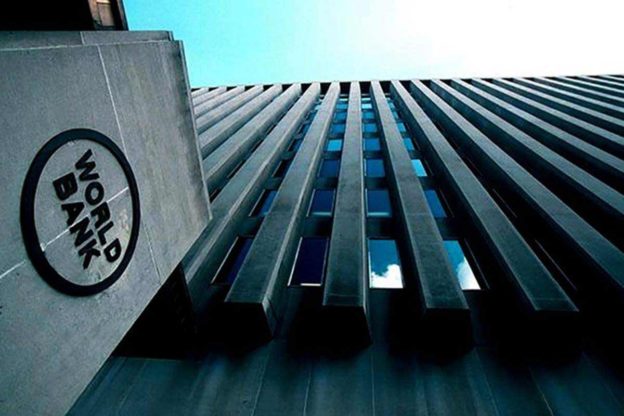Low-carbon cooling in India could be a more than $1.5 trillion investment opportunity over the next two decades, as the country grapples with severe heat waves at an “alarming frequency,” according to a joint report from the World Bank and several environmental consulting groups.
The biggest potential lies in cooling homes and commercial buildings — a prospect that could avoid 200 million tons of carbon dioxide-equivalent emissions annually by 2040, the report said. It stressed the need for the government to support manufacturing of energy-efficient fans and air conditioners, as well as affordable finance for customers to cushion high upfront costs of such equipment.
India could become one of the world’s worst victims of rising temperatures, putting people’s health in jeopardy and exposing the economy to productivity losses due to a high dependence on heat-exposed labor, according to the report. Cooling devices running on the country’s fossil fuels-dependent energy system risk boosting emissions, spurring the need for cleaner technologies.
“Thermal comfort is not a luxury but a human right for all,” the report said. Nearly two-thirds of the country’s population lives on less than $2 a day and the high costs of cooling devices make them out of the reach of the country’s poor, it said.
This year’s March was India’s hottest on record. In the following weeks, the country witnessed record-breaking temperatures that parched crops and strained the country’s power system as electricity demand surged due to use of air conditioners.
The report builds upon India Cooling Action Plan, a government initiative to bring affordable and energy-efficient cooling at the forefront of the country’s policy agenda.
Other areas that need investments are air conditioners in vehicles, development of low temperature-controlled supply chains and refrigerated transportation as well as phasing out of ozone-depleting refrigerants and scaling up use of alternatives, according to the report. The country incurs about $13 billion of annual losses due to food being spoilt from heat during transportation, the report said, and hundreds of millions of dollars worth of medicines goes bad annually due to broken refrigerated supply chains.
https://www.livemint.com/news/india/world-bank-lays-out-1-5-trillion-green-cooling-plan-for-india/amp-11669883728506.html





